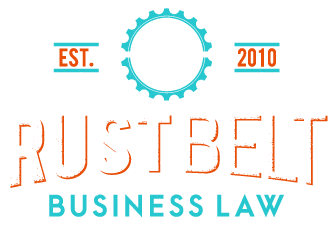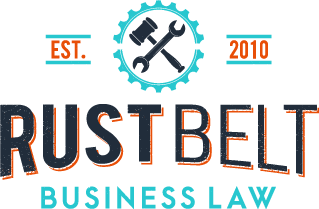Contrary to the popular notion that most new businesses are doomed to failure, almost 80 percent actually survive their first year, according to the Small Business Administration. It is in the second through tenth years that the failure rate tends to increase. The most important predictor of long-term success is proper planning from the very beginning.
Step one: Develop a business plan. This is where many business owners fall short. In the excitement of getting a new enterprise up and running, business owners often forget to look more than a few months ahead. It is important to plan, not only the first year, but five, ten, or even more years ahead. New business owners should be asking where they want to the business to be after the first year, the fifth year, and beyond, and try to develop a plan that can make that happen. Things will happen along the way that may change the plan completely, but without an initial set of goals, it is easy to lose focus.
Step two: Determine how the business will be organized. The simplest form of business organization is a sole proprietorship, in which the owner conducts business under his own name. While this form of business organization makes it easy to do taxes and requires less initial cost, it can leave a business owner's personal assets vulnerable in case of a lawsuit. Other forms of business organization include LLCs, S Corporations, C corporations, and partnerships. Each form of business organization had advantages and disadvantages. Factors to consider when deciding how the business should be organized are whether there are multiple owners, whether the business will be hiring employees, and whether the owners will be involved in the day-to-day operation of the business. Talk to an accountant and/or a business lawyer about the best form of organization for your needs.
Step Three: Secure a location. The SBA reports that 65 percent of small businesses are run out of the owners' homes. This is practical for many types of enterprises, but if your business involves seeing any customers/clients, you should look into the zoning rules in your locality to determine whether such an arrangement is allowed.
Step Four: Secure any necessary business licenses and permits. Failure to secure permits before opening a business can result in fines, or even an order to cease operating.
Step Five: Check state and local sales tax requirements if you are selling goods.
Step Six: If you are hiring employees right away, you will need to be prepared for state and federal income tax withholding and reporting. Depending on the size of your business, you may also be required to offer worker's compensation insurance.
Resources for new business owners
The PA Business One-Stop Shop website, operated by the State of Pennsylvania, has a wealth of information for new business owners. The U.S. Small Business Administration also offers articles and courses to assist new and existing business owners. For more information, please visit Rust Belt Law at https://www.eriebusinesslaw.com/, or call (814) 315-9255 to arrange a consultation.



